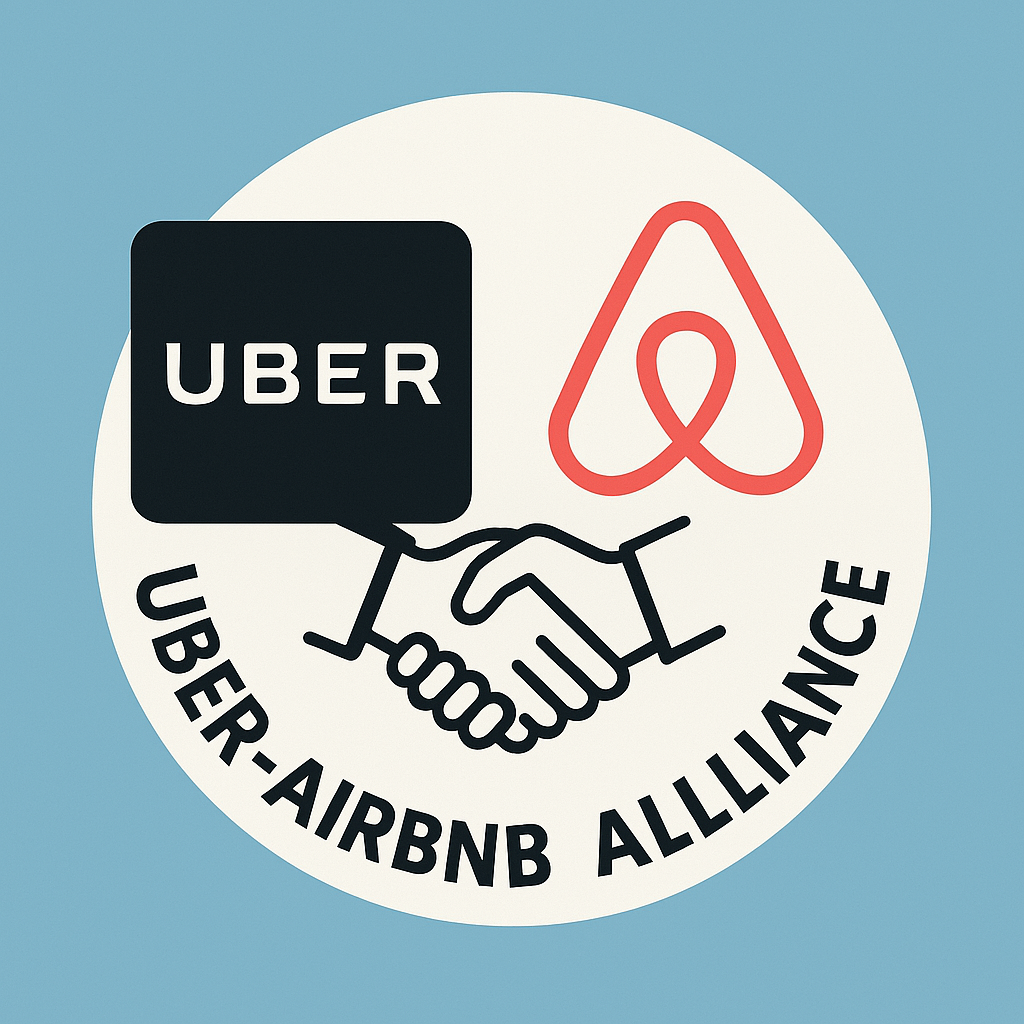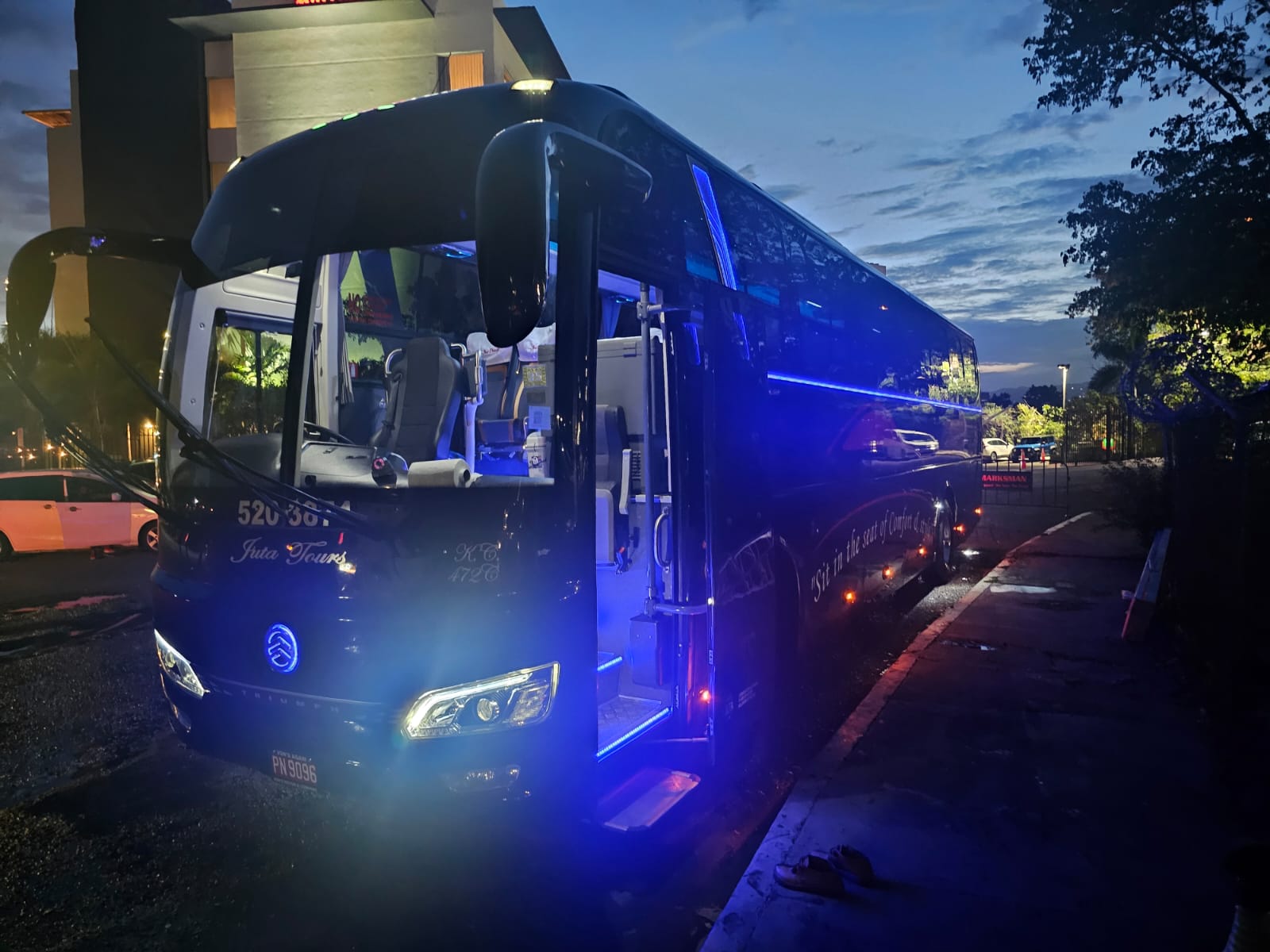Travel and Lifestyle
Jamaica Exploring Markets With ‘Strong Appetite For Exotic Destinations’
Businessuite News24
Businessuite Special Report P4 | Homegrown Disruption: InterMetroONE & Walkbout.com Position Jamaica’s Answer to Uber–Airbnb
Now is the time for SMEs, associations, and government to align—ensuring that if Uber and Airbnb ever arrive together, Jamaica’s own ecosystem remains vibrant and in control.
Businessuite News24
Businessuite Special Report P3 | Uber x Airbnb: A Strategic Alliance That Could Redefine Jamaica’s Travel Industry – But At What Cost?
The future of Jamaican tourism lies in its ability to integrate into global digital ecosystems without sacrificing local livelihoods. The time for public–private dialogue is now.
Businessuite News24
Businessuite Special Report P2 | Disruption in Jamaica: Uber & Airbnb Business Models
Business Insights
Businessuite Special Report P1 | When Titans Unite: How an Uber–Airbnb Alliance Could Redefine Travel in Jamaica and Beyond
“When Uber and Airbnb join forces, travel transforms. But will it uplift local economies or leave them stranded on the roadside of progress?”
Businessuite News24
JUTA Express Launches December 15th: Non-Stop Comfort, Convenience, and Courier Services
JUTA Express is designed with modern convenience in mind. All bookings and payments are processed through the InterMetroONE Customer App, available for download on both Google Play and the Apple App Store. Limited in-person bookings will be accommodated at the JUTA Kingston Office; however, the service is primarily cashless, accepting only credit and debit cards.
-

 Businessuite Women1 week ago
Businessuite Women1 week agoData Mavericks of the Caribbean: Raquel Seville & Dataffluent’s Visionary Rise
-

 Businessuite News243 weeks ago
Businessuite News243 weeks agoIndia’s 10-Minute Delivery Boom: A Blueprint for Disruption—and a Wake-Up Call for Caribbean Courier Companies
-

 Businessuite News242 weeks ago
Businessuite News242 weeks agoBusinessuite Special Report P4 | Homegrown Disruption: InterMetroONE & Walkbout.com Position Jamaica’s Answer to Uber–Airbnb
-

 Businessuite News24 International3 weeks ago
Businessuite News24 International3 weeks agoIndia’s 10-Minute Delivery Boom: Reshaping Retail, Logistics, and Urban Spaces
-

 Corporate Feature3 weeks ago
Corporate Feature3 weeks agoNot Just Vanity Metrics: A Digital Leader Focused on What Matters
-

 Businessuite Markets2 weeks ago
Businessuite Markets2 weeks agoEduFocal Faces Equity Deficit of $135M Amid $314M in Accumulated Losses
-

 Business Insights2 weeks ago
Business Insights2 weeks agoBusinessuite Cover Story: Too Much Power? Governance Risks Rise as Tyrone Wilson Consolidates Leadership at Kintyre and Visual Vibe
-

 Businessuite Women3 weeks ago
Businessuite Women3 weeks agoDorothea Gordon-Smith Marks 50 Years of Quiet Power in Waste Management





 Book Easily with the InterMetroONE App
Book Easily with the InterMetroONE App



